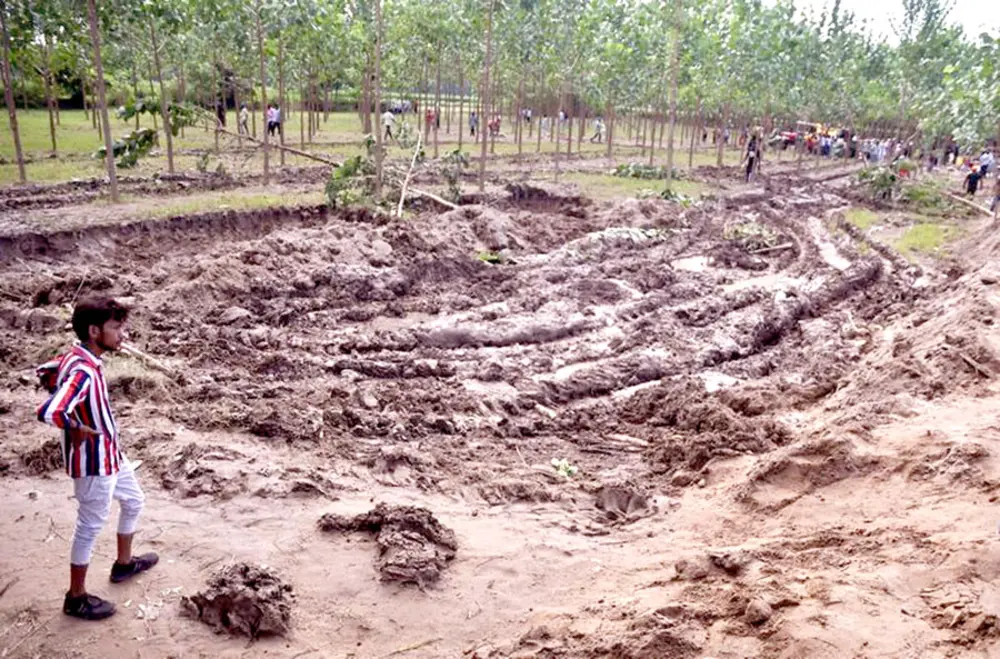
1000 acres of land submerged in water on the banks of Sutlej in Ludhiana, farmers distressed over the loss of crops.
Ludhiana- For farmers of Punjab, the weather is both a lifeline and a threat. While the scorching heat in one season dries up the wheat grains, in the other season continuous rains dash their hopes. Although Ludhiana was spared the wrath of the flood, the people living on the banks of the Sutlej river and around it had to bear the brunt of it and 1000 acres of land was submerged in water. Paddy crops have been submerged under the flood water, due to which months of hard work and investment have been wasted.
Ludhiana- For farmers of Punjab, the weather is both a lifeline and a threat. While the scorching heat in one season dries up the wheat grains, in the other season continuous rains dash their hopes. Although Ludhiana was spared the wrath of the flood, the people living on the banks of the Sutlej river and around it had to bear the brunt of it and 1000 acres of land was submerged in water. Paddy crops have been submerged under the flood water, due to which months of hard work and investment have been wasted.
In Machhiwara, farmer Harbhajan Singh was standing ankle-deep in water, looking at his ruined field. He said, “We sow with hope, but nature had something else in mind. My entire paddy crop has been destroyed. I don’t know how I will repay the loan this year.”
The situation is equally dire in Sidhwan Bet, where farmer Gurpreet Kaur lamented, “We depend on this crop for our annual income. The water came in so fast that we couldn’t even save our tools. It’s not just the crop, it’s our livelihood.”
According to the agriculture department, about 1,000 acres of fields along the Sutlej river have been destroyed. Major damage has been reported mainly in Sidhwan Bet, Machhiwara and Mangat blocks. Chief Agriculture Officer Gurdeep Singh confirmed that the damage is limited to the fields located on the riverbed. “The rest of the district is safe. The affected areas are low-lying and within the natural floodplain of the river,” he said.
Experts from the Punjab Agricultural University (PAU) have issued an advisory to minimise further damage. They have recommended removing excess water using surface drains or pumping sets to prevent suffocation of roots. Farmers have also been advised to open the bends of the embankments to facilitate water flow and to clear the ditches in the fields for smooth movement of water.
For rice and basmati growers, experts have suggested 3% urea solution to meet the PAU nitrogen deficiency and 1.5% potassium nitrate foliar spray at the boot stage to reduce damage.
In view of the fear of fungal infections in the current season, farmers have been urged to spray copper hydroxide (Cocid 46 DF) and then spray Galileo Way fungicide after 10-15 days. Depending on the formulation, zinc deficiency should be treated with a 0.5% or 0.3% zinc sulfate spray.

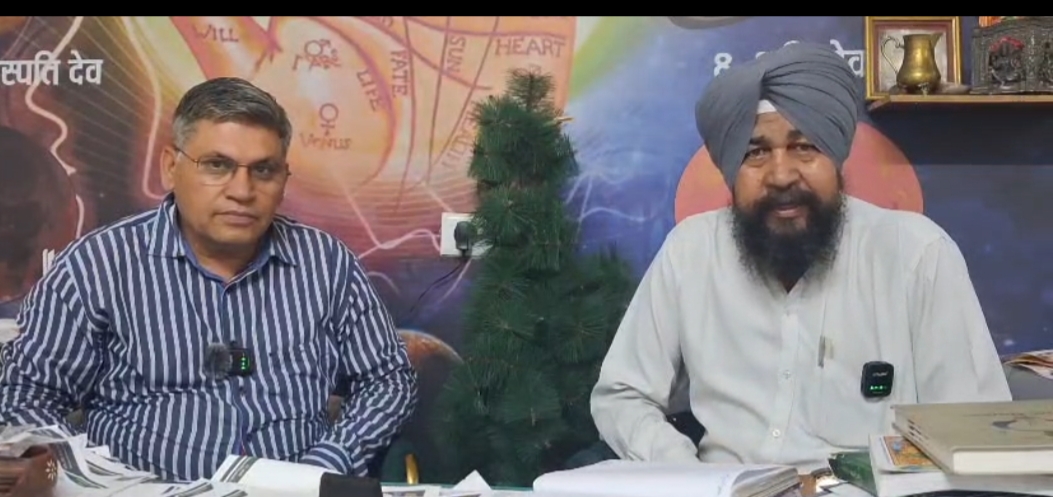



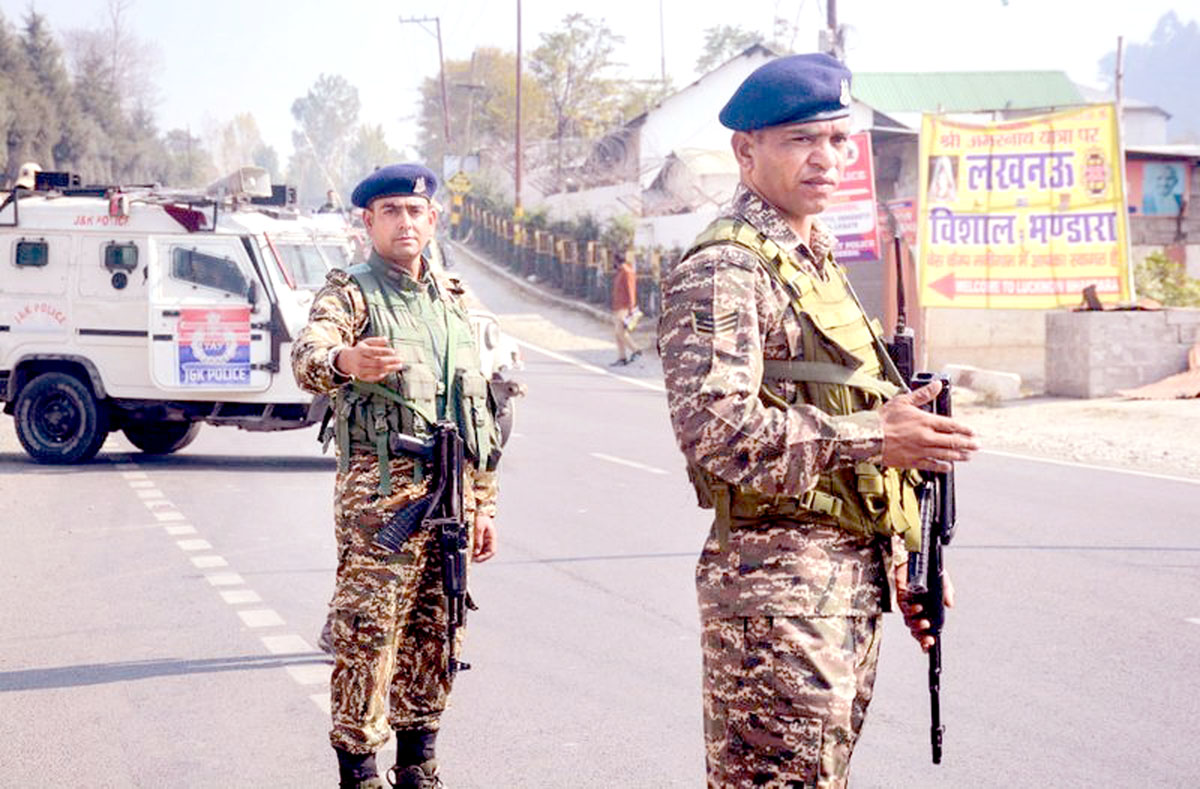


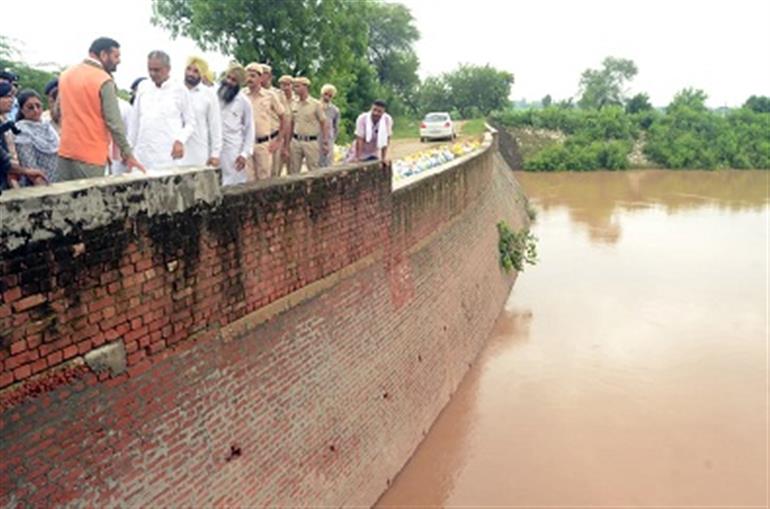
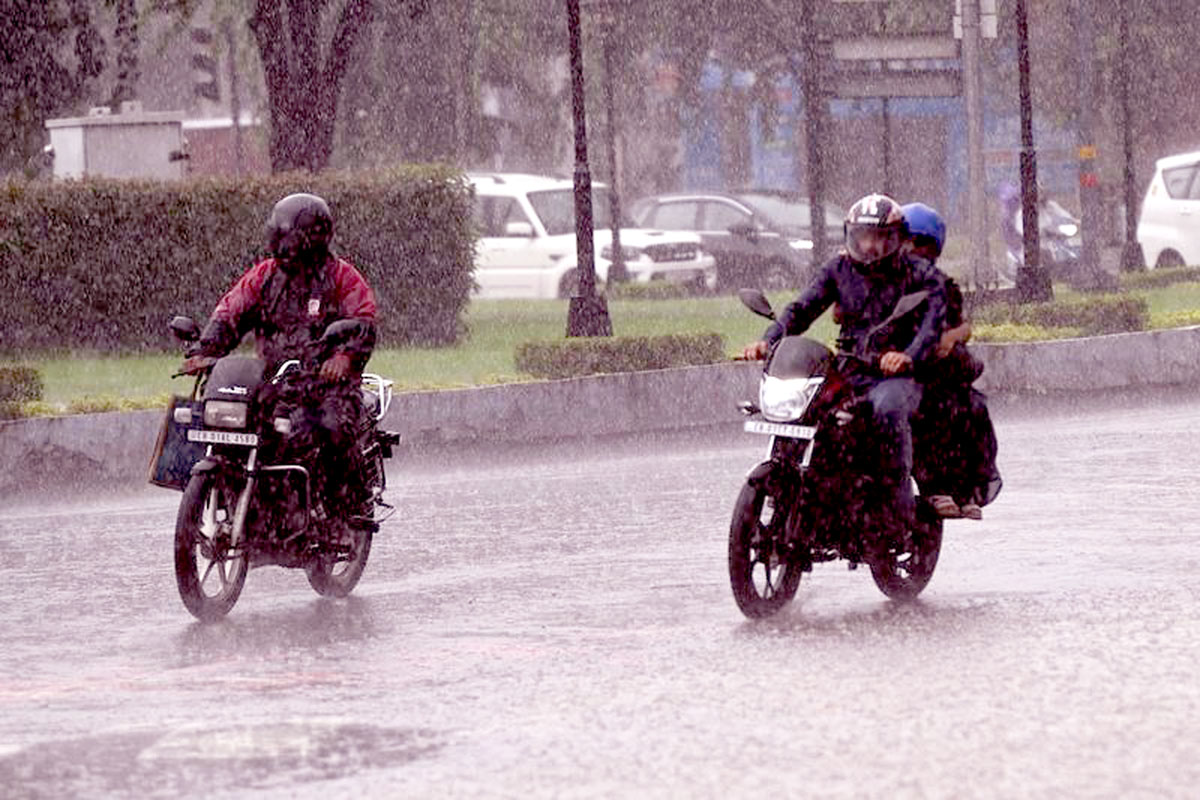


.webp)

